Best Fitness Trackers of 2025: Top Sleep, Heart Rate & Activity Bands
Discover the best fitness trackers of 2025 for sleep, heart rate, and activity monitoring. Compare top models from Xiaomi, Fitbit, Garmin, and more. Find the perfect device for your health, sports, or lifestyle needs, whether you seek GPS tracking, affordability, or advanced wellness features.
Best Fitness Trackers of 2025: Sleep, Heart Rate and Activity Monitors
Fitness trackers have become one of the most popular wearable gadgets in 2025, appealing not only to athletes but also to anyone interested in monitoring their health and lifestyle. Unlike smartwatches, these devices are more compact, lighter, and much more affordable, while still offering essential features such as heart rate monitoring, sleep and step tracking, calorie counting, activity monitoring, and movement reminders. The best fitness trackers of 2025 now come with advanced health features, making them indispensable companions for sports, everyday use, and sleep monitoring.
Top 10 Fitness Trackers of 2025
1. Xiaomi Smart Band 9
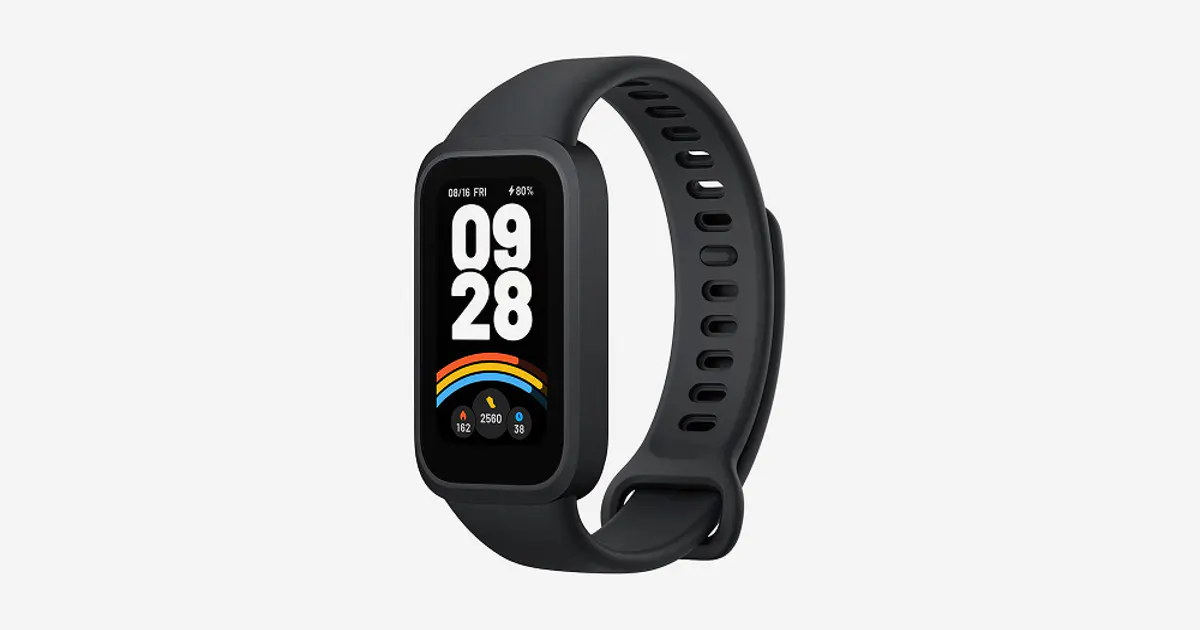
The legendary Xiaomi lineup enters its ninth generation in 2025. The Smart Band 9 features a larger, brighter AMOLED display, new customizable watch faces, and an expanded range of sports modes. It tracks heart rate, blood oxygen (SpO2), sleep, and even offers basic women's health features. Key improvements include a more accurate pedometer and enhanced heart rate sensor. With up to 10 days of battery life, it's a leader among budget fitness trackers.
- Pros: Affordable price, vibrant display, dozens of sports modes.
- Cons: No built-in GPS, limited health features.
- Best for: Android and iOS users seeking a budget-friendly all-rounder.
2. Huawei Band 9
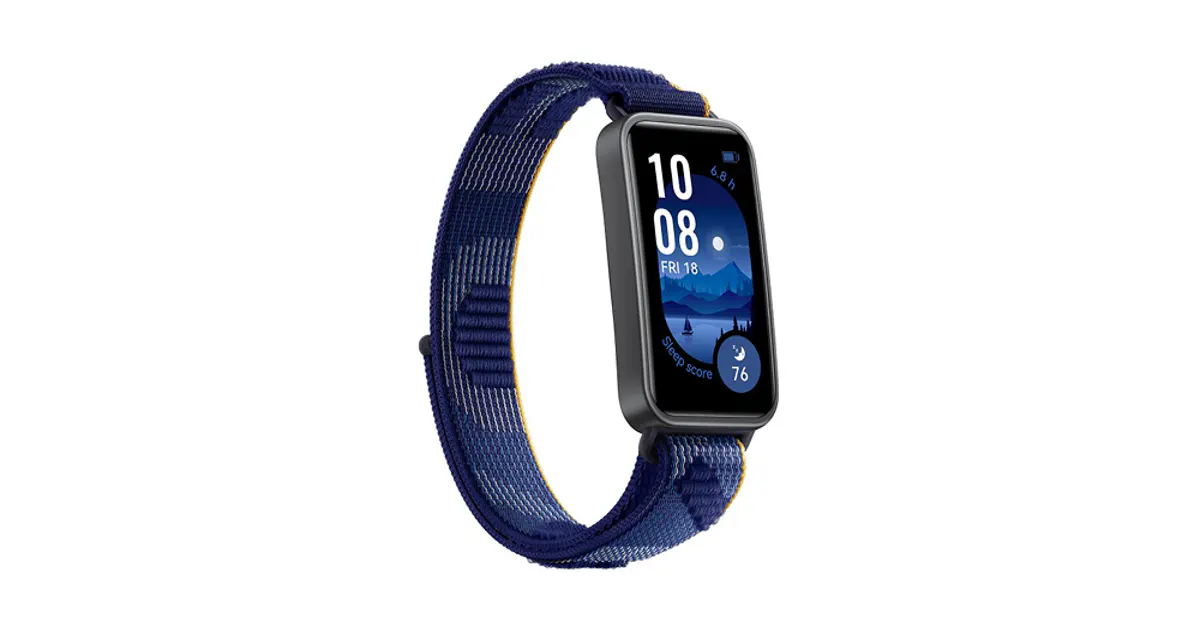
Huawei continues to rival Xiaomi with the Band 9, offering a sleek AMOLED screen, TruSleep 4.0 for sleep tracking, and TruSeen 6.0 for precise heart rate monitoring. It also measures stress levels and SpO2, lasting up to 14 days on a single charge. Its lightweight design ensures all-day comfort.
- Pros: Excellent battery life, accurate sleep and heart rate sensors.
- Cons: No full GPS, limited app ecosystem.
- Best for: Users prioritizing health and sleep tracking.
3. Amazfit Band 7
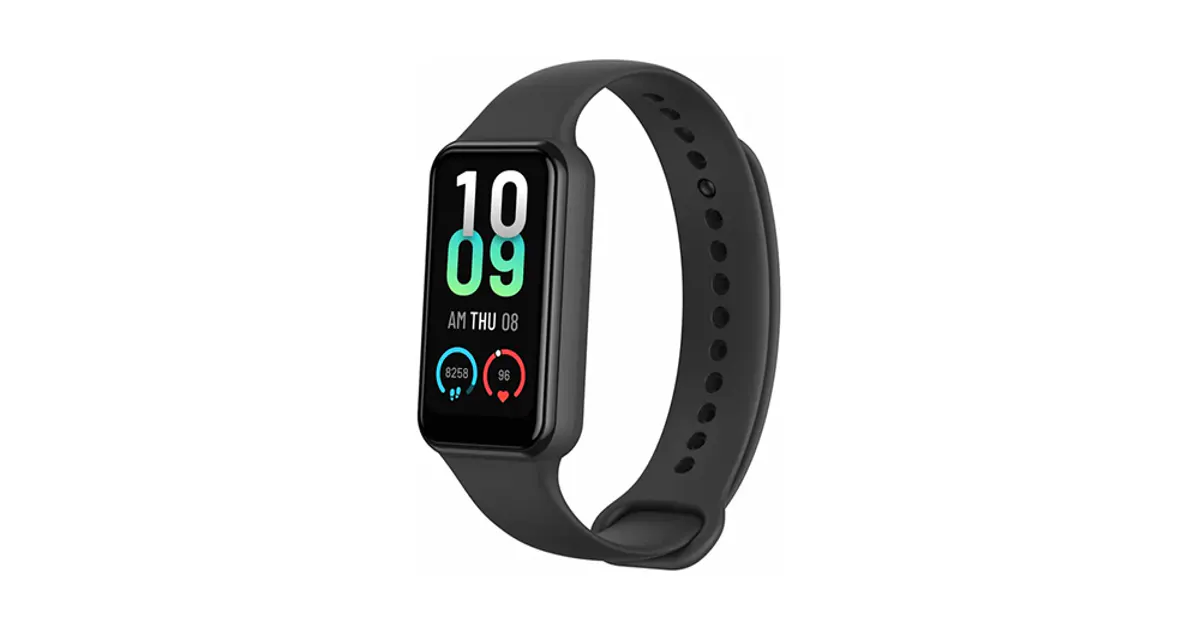
The Amazfit Band 7 stands out as one of the most feature-rich trackers of 2025. With built-in GPS, it excels among mid-range competitors. It supports over 120 sports modes, tracks heart rate, SpO2, stress levels, and even offers post-workout recovery recommendations. Its AMOLED display and 12-day battery life make it a versatile fitness companion.
- Pros: Built-in GPS, extensive sports features, long battery life.
- Cons: Higher price compared to Xiaomi and Huawei.
- Best for: Active users needing GPS for running or walking.
4. Fitbit Charge 6
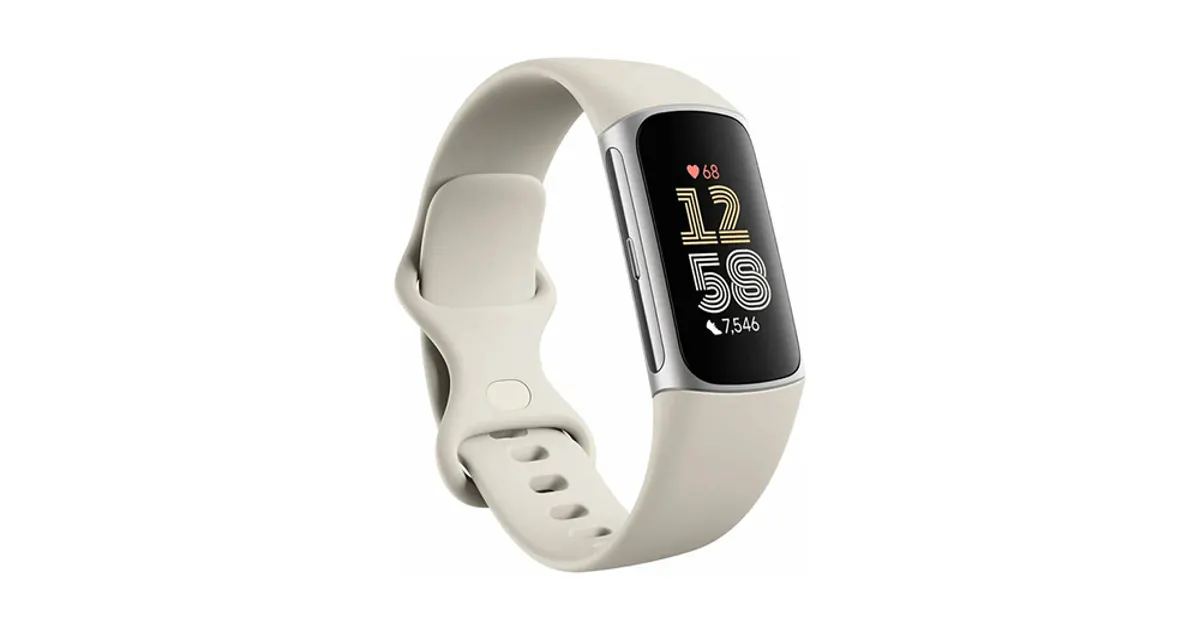
Fitbit continues to set the standard for health-focused wearables. The Charge 6 offers ECG, stress monitoring, skin temperature tracking, and advanced sleep algorithms. Integration with Google Fit and YouTube Music adds smart features beyond typical fitness bands. It offers around 7 days of battery life.
- Pros: Best-in-class health features, ECG support, smart integrations.
- Cons: High price, some features require Fitbit Premium subscription.
- Best for: Users wanting comprehensive health monitoring.
5. Honor Band 8
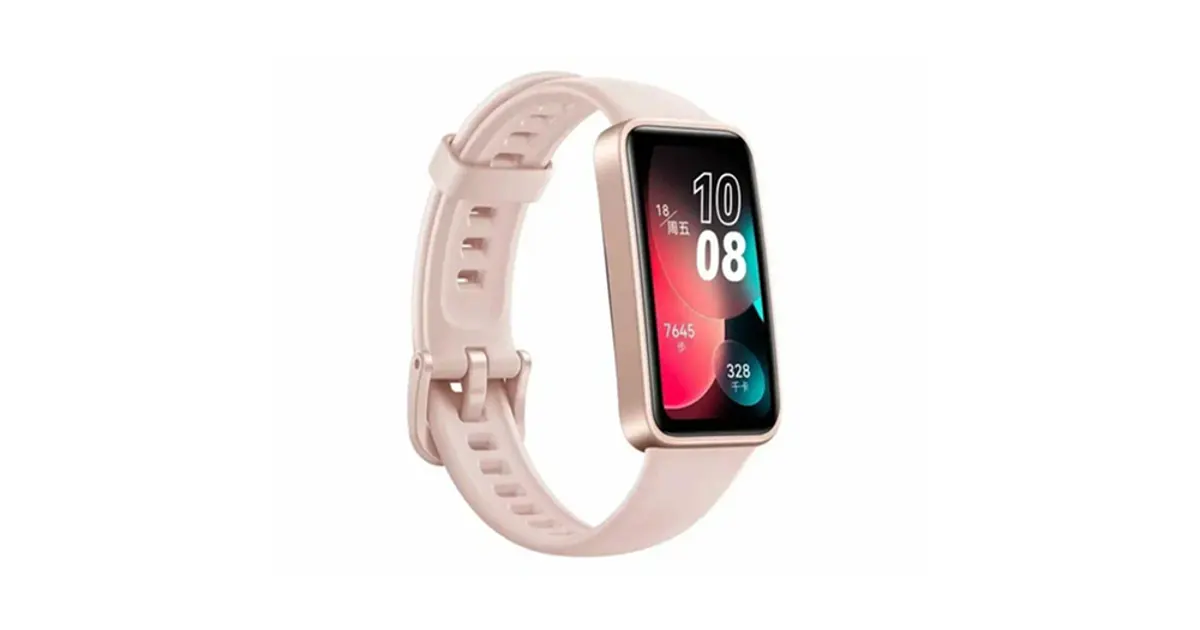
Honor continues to deliver some of the most popular mid-range fitness bands. The Band 8 features an improved AMOLED display, heart rate and SpO2 monitoring, sleep tracking, and up to 100 sports modes. It lasts up to 12 days and supports fast charging, with a lightweight and fashionable design.
- Pros: Great value, light and comfortable.
- Cons: No built-in GPS, basic app functionality.
- Best for: Students, active users, and anyone who values style.
6. Garmin Vivosmart 5
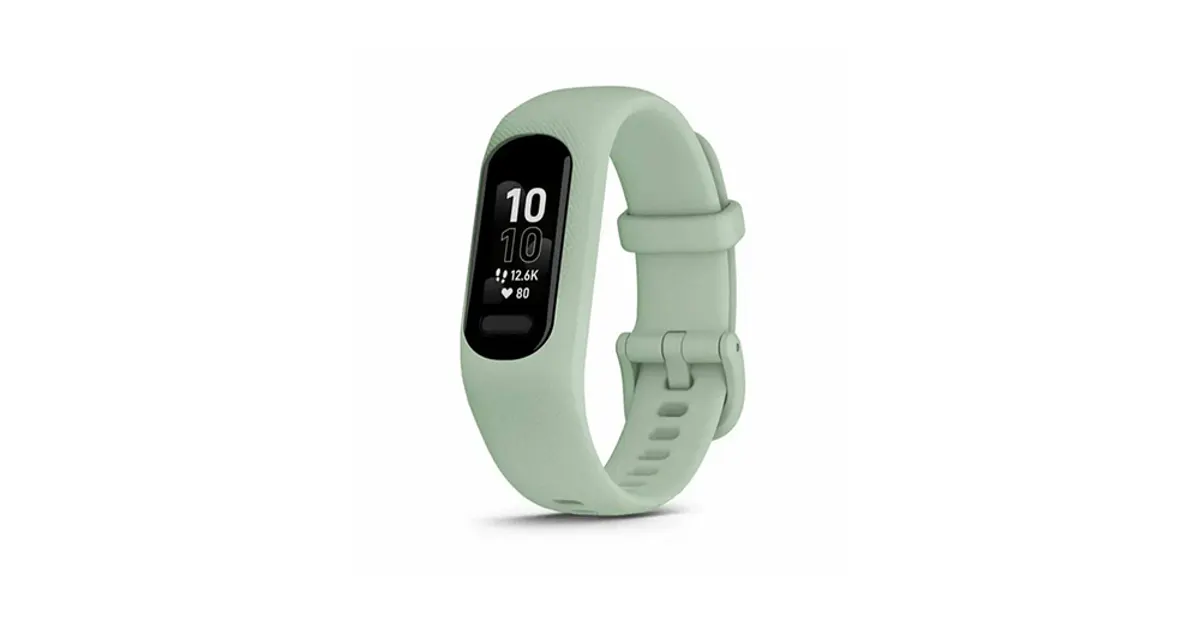
Garmin targets professional athletes, and the Vivosmart 6 (presumably an update) stands out as the most advanced fitness band on the market. It features precise GPS, advanced training and recovery sensors, and VO2 max measurement. Integration with Garmin Connect lets you analyze workouts and plan long-term goals. Battery life is up to 7 days.
- Pros: Accurate GPS, professional sports algorithms, Garmin Connect integration.
- Cons: High price, complex interface for beginners.
- Best for: Professional athletes, runners, triathletes.
7. Realme Band 3
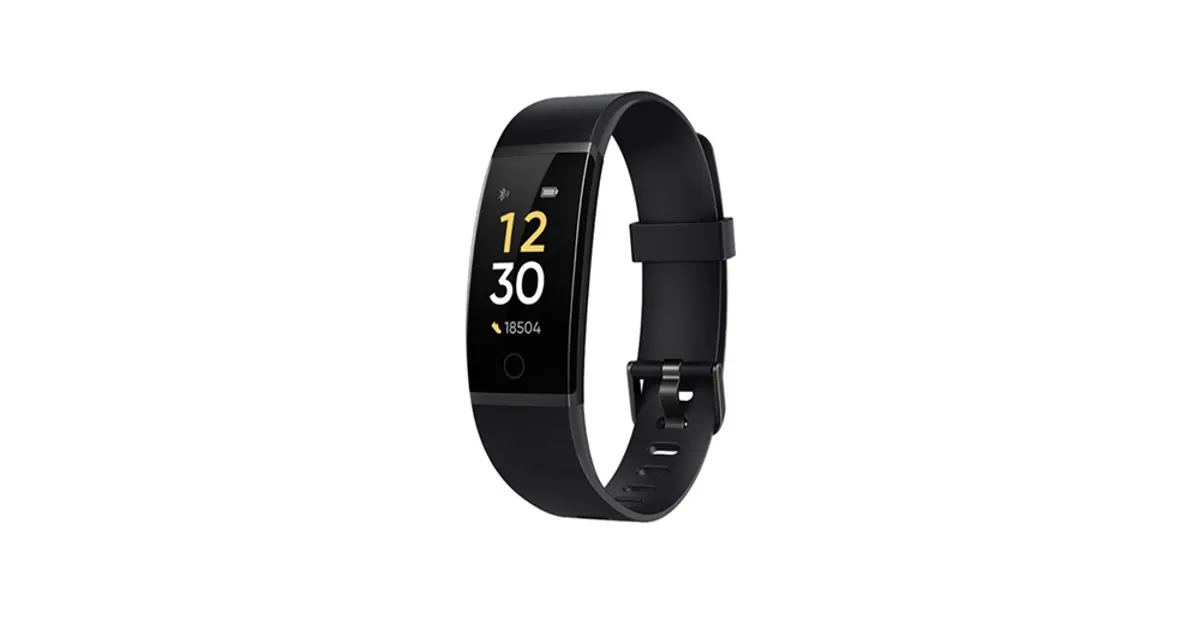
Realme focuses on the budget segment with the Band 3-a lightweight, affordable tracker that monitors heart rate, sleep, steps, and activity. Despite its price, it supports up to 50 sports modes and smartphone notifications. The battery lasts 10 days, making it an excellent entry-level option.
- Pros: Low price, easy to use, good battery life.
- Cons: Basic features, no GPS.
- Best for: Beginners, students, budget-conscious users.
8. Oppo Band 2
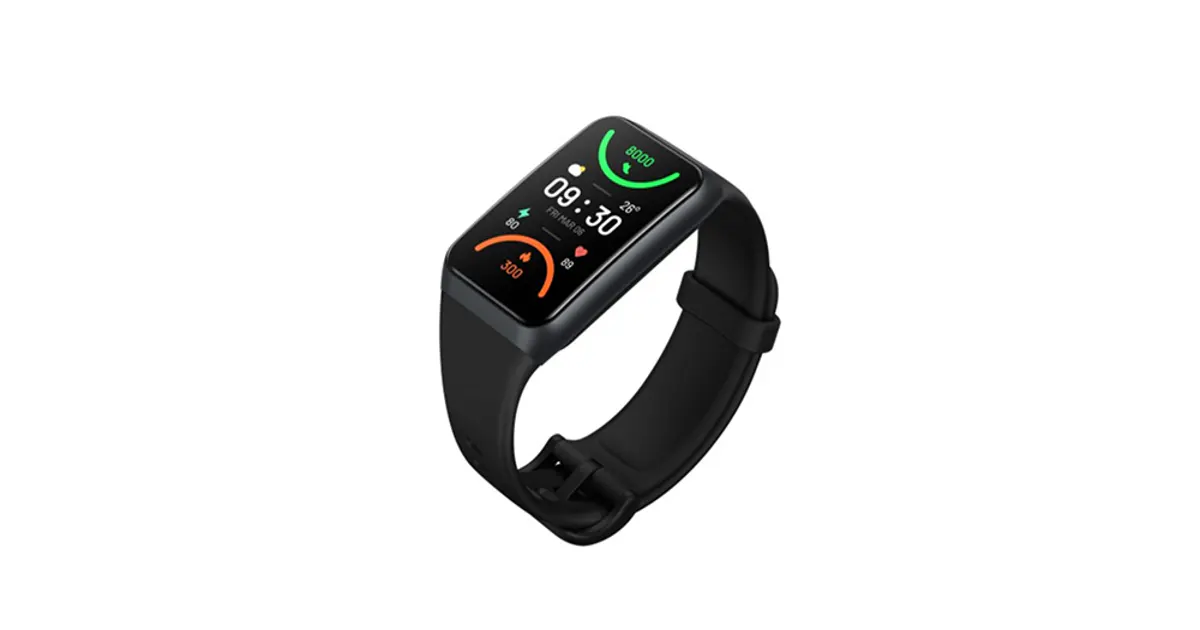
Oppo is making its mark in the fitness tracker market. The Band 3 Pro boasts an AMOLED display, heart rate and SpO2 sensors, sleep tracking, and up to 14 days of battery life. Its ultra-lightweight and stylish design makes it ideal for both sports and everyday wear.
- Pros: Lightweight, stylish, long battery life.
- Cons: No built-in GPS, average sensor accuracy.
- Best for: Younger users and those who value comfort and looks.
9. Samsung Galaxy Fit 3
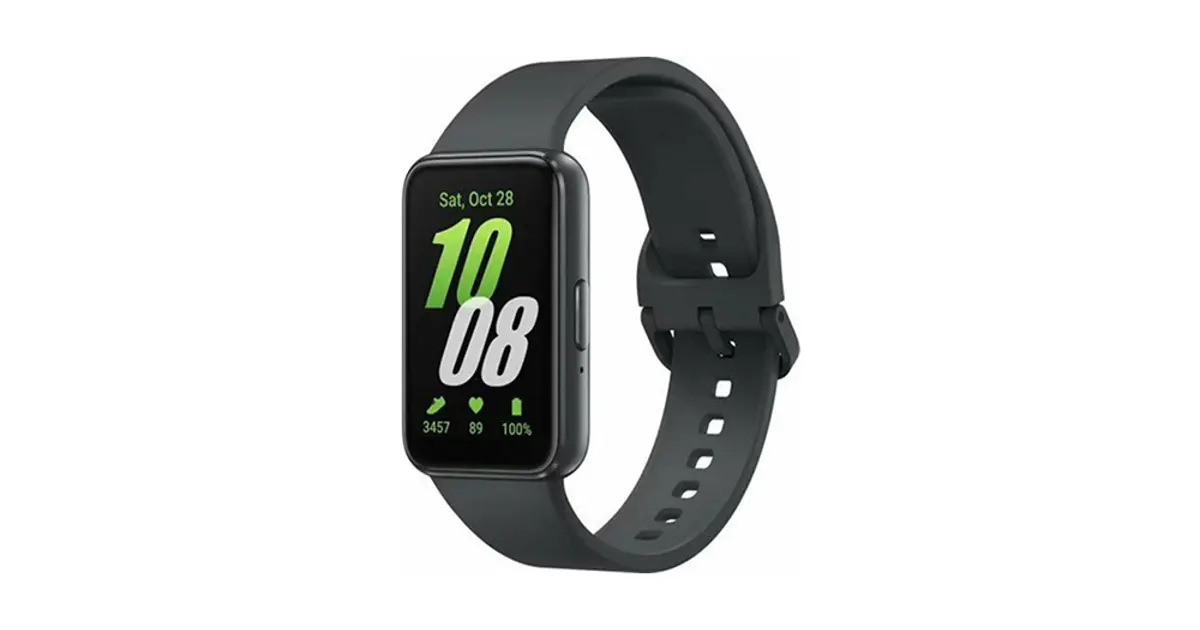
Samsung's updated Galaxy Fit 3 stands as a key competitor to Xiaomi and Huawei. It offers heart rate, SpO2, and sleep monitoring, as well as up to 100 sports modes. A notable feature is its enhanced blood pressure sensor, a rarity in this segment. It works up to 10 days and syncs with Samsung Health.
- Pros: Blood pressure monitoring, Samsung ecosystem sync, quality display.
- Cons: Higher price than Xiaomi and Huawei with similar features.
- Best for: Samsung smartphone owners and users seeking health monitoring.
10. Polar Ignite Band

Polar is a well-known brand in sports electronics, and the Ignite Band is their latest release for 2025. This band is tailored for running, swimming, and endurance training, offering precise heart rate monitoring, GPS, and Nightly Recharge to analyze recovery during sleep. It runs for up to 7 days and is geared more toward professionals than casual users.
- Pros: Accurate sports features, GPS, recovery analysis.
- Cons: High price, not for everyday users.
- Best for: Professional runners, swimmers, fitness enthusiasts.
Best Fitness Trackers with GPS in 2025
GPS remains a must-have for athletes and outdoor enthusiasts. In 2025, not all fitness bands include built-in GPS, making these models especially valuable:
- Garmin Vivosmart 6 - The gold standard for accuracy, ideal for running and triathlon.
- Amazfit Band 7 - A great balance of price and features, with built-in GPS in the mid-range segment.
- Polar Ignite Band - Premium choice for professional athletes.
Fitness Trackers with Heart Rate and Blood Pressure Monitoring
While nearly all models offer heart rate monitoring, blood pressure tracking is less common. Top picks include:
- Samsung Galaxy Fit 3 - One of the few bands with blood pressure monitoring.
- Huawei Band 9 - Accurate heart rate and SpO2 sensors with TruSeen 6.0.
- Honor Band 8 - Affordable alternative with reliable heart rate and sleep monitoring.
Best Trackers for Sports, Running, and Swimming
This category highlights devices that excel during workouts or in the water:
- Polar Ignite Band - Top choice for professional runners and swimmers, matching the accuracy of sports watches.
- Garmin Vivosmart 6 - Optimized for running, with precise GPS and recovery algorithms.
- Xiaomi Smart Band 9 - Affordable solution for versatile training.
Best Fitness Trackers for Men 2025
Men's fitness bands often feature larger displays and advanced sports modes:
- Garmin Vivosmart 6 - For athletes and those into professional training.
- Amazfit Band 7 - Versatile choice for everyday use.
- Realme Band 3 - Affordable entry-level gadget.
Best Fitness Trackers for Women 2025
Women's models are typically lighter and more stylish, with a focus on health and sleep:
- Fitbit Charge 6 - Leader in health and stress management.
- Huawei Band 9 - Elegant design with advanced sleep tracking.
- Honor Band 8 - Lightweight and comfortable in the affordable segment.
Top Budget and Premium Fitness Trackers of 2025
Budget Models:
- Xiaomi Smart Band 9 - Universal pick for most users.
- Realme Band 3 - Great option for beginners.
- Honor Band 8 - Style and basic functions at a good price.
Premium Segment:
- Fitbit Charge 6 - Health tracking benchmark.
- Garmin Vivosmart 6 - Sports tracker for professionals.
- Polar Ignite Band - Premium for running and swimming.
Fitness Trackers for iPhone and Android
Compatibility remains a crucial factor:
- For iPhone: Fitbit Charge 6, Garmin Vivosmart 6.
- For Android: Xiaomi Smart Band 9, Huawei Band 9, Samsung Galaxy Fit 3, Realme Band 3.
- Universal: Amazfit Band 7, Oppo Band 3 Pro - work equally well with iOS and Android.
Conclusion & Tips for Choosing a Fitness Tracker
Fitness trackers in 2025 have become versatile health, sport, and sleep companions. What started as simple pedometers now offer GPS navigation, heart rate and blood pressure monitoring, and even recovery analysis.
- For health and sleep: choose Fitbit Charge 6 or Huawei Band 9.
- For sports and running: opt for Garmin Vivosmart 6 or Polar Ignite Band.
- For budget-friendly options: Xiaomi Smart Band 9, Realme Band 3, and Honor Band 8 are ideal.
- For all-rounders: Amazfit Band 7 and Oppo Band 3 Pro are great picks for any platform.
When choosing, consider three key factors: your primary goal (sport, health, or style), smartphone compatibility (iPhone or Android), and battery life. In 2025, there's a fitness tracker to fit everyone's needs-from lightweight sleep monitors to premium sports gadgets for professionals.